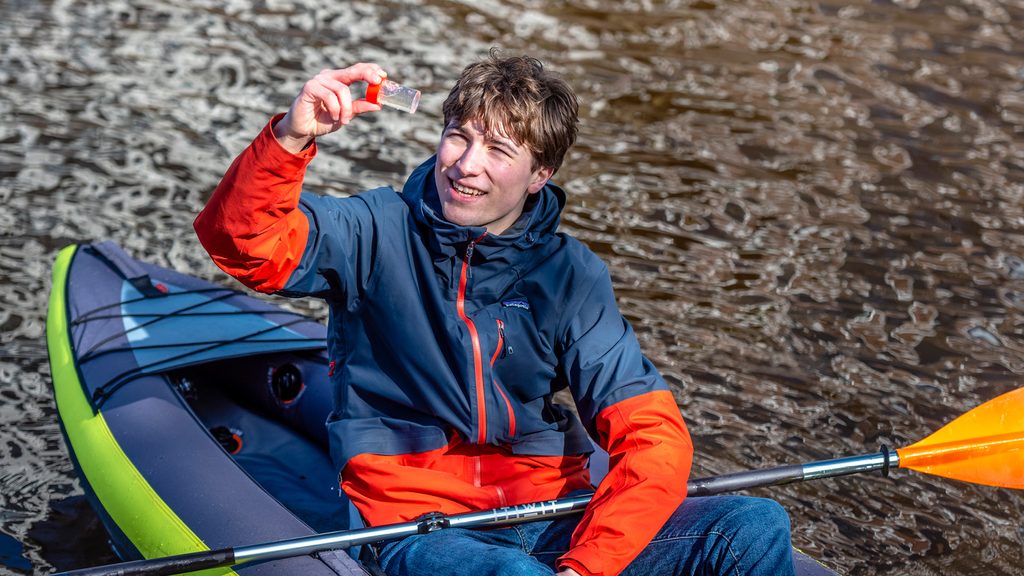The European Commission welcomed the launch of the Unitary Patent System on 1 June making it simpler and easier for companies to protect their innovations in Europe and capitalise on their intellectual property.
According to the Commission, the new system will strengthen the EU's innovation and competitiveness and complete the Single Market for patents. It will initially cover 17 Member States, representing around 80% of the EU's GDP. Participation is open to further Member States in the future.
The European Patent Office (EPO) will be handling the system. As previously reported, the EPO has been planning such a system for some time in order to simply the application process and bring down the costs via a single application and single renewal fee.
The EPO is the executive arm of the European Patent Organisation, an international organisation with 39 member states, and one of the largest public service organisations in Europe. To handle the workload, the EPO employs some 6,300 staff, of whom nearly 4 000 are scientists and engineers working as patent examiners in all fields of technology.
European patents provide protection for inventions not only in the 39 EPO member states but also in five additional countries, one extension state (Bosnia and Herzegovina) and four validation states (Morocco, Republic of Moldova, Tunisia and Cambodia).
Currently, the European patent grant procedure takes on average about three to five years from the date a patent application is filed,” Luis Berenguer, Principal Director of Communication at the EPO, told The Brussels Times.
“As a rough guide, it currently costs on average about €6,000 to take a patent application through to the grant stage at the EPO. In order to maintain the patent, renewal fees must be paid in each designated state in which the European patent has been validated. In total, the costs for a patent with is kept over 10 years in about six European states can cost around €30,000.”
The Unitary Patent System will usher in a new era for patent applications, the Commission’s chief spokesperson announced at a press conference on Thursday. I will provide a one-stop-shop for the registration and enforcement of patents in Europe. This means lower costs, less paperwork, reduced administrative burden for innovators, and possibly also less time, in particular for SMEs.
The first phase of the procedure to obtain a Unitary Patent is to file a European Patent application at the EPO. The Office then conducts an examination which, if positive, results in the grant of a European Patent. This phase already exists today and remains unchanged.
Then, within one month from that grant, the holder of the patent may request EPO to grant unitary effect for the participating Member States. At the same time the holder of the European Patent may also validate it in additional countries not covered by the Unitary Patent system, according to the national procedures already applicable today, depending on the intended geographical coverage.
According to the Commission’s factsheet, the Unitary Patent will cost less than €5,000 in renewal fees over 10 years compared to around €29,000 currently for renewal in the participating Member States.
“Not all EU member states had yet ratified the UPC Agreement when it entered into force on 1 June 2023,” a Commission spokesperson explained. “Outstanding ratifications are likely to take place successively, so there will be different generations of unitary patents with different territorial coverage.”
The first 17 participating EU member states in the new system are Austria, Belgium, Bulgaria, Denmark, Estonia, Finland, France, Germany, Italy, Latvia, Lithuania, Luxembourg, Malta, the Netherlands, Portugal, Slovenia, Sweden.
The unitary patent has been established via enhanced cooperation between the participating EU member states. The UPC is a court common to these member states. It is not possible for non-EU countries to join the unitary patent system. Unitary patents can however be requested by non-EU companies.
Update: The article has been updated to include information about the ratification of the UPC agreement.
M. Apelblat
The Brussels Times

